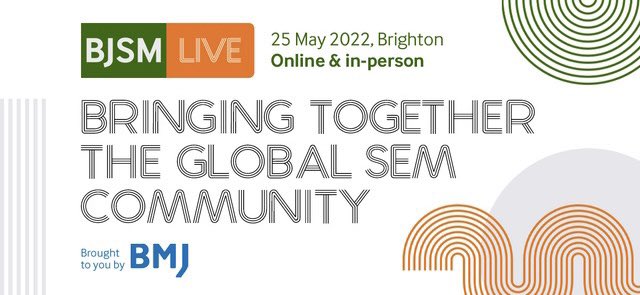I just have a couple of last thoughts before signing out friends!
#BlackinMH Week has been an incredible outpouring of love, community, solidarity, and idea-sharing. And I am sad to see it end, however, it has really lifted my spirits.
#BlackinMH Week has been an incredible outpouring of love, community, solidarity, and idea-sharing. And I am sad to see it end, however, it has really lifted my spirits.
I hope that this community will take time to engage with this incredible community of mental health professionals. We had social workers, psychologists, psychiatrists, nurses, OTs, therapists, and more joined us this week! I learned so much about all the #BiMHFields #BIMHRollCall
There is some incredible research coming from this group focused on the well-being and care of Black people. For so long we have been overlooked in research and it is so amazing to see ourselves being represented! (i'm a research nerd). #BiMHResearch
I hope that you will follow all of the co-organizers from this week! They have done an AWESOME job curating and organizing. I am so honored to know each of them.
https://twitter.com/BlackInMH/status/1309991515821936640?s=20
Lastly, I want to encourage EVERYONE to take time to not only engage with their own mental health and spend time with yourself.
Science will be there. Your research will survive. Your job can wait. Take care of yourself FIRST.
Science will be there. Your research will survive. Your job can wait. Take care of yourself FIRST.
• • •
Missing some Tweet in this thread? You can try to
force a refresh









